LEWIS CAROLL
Charles Lutwidge Dodgson
(Born – January 27, 1832, in Daresbury, Chesire, England )
(Died : January 14, 1898, in Gildford, Surrey, England)
LIMERICK BY LEWIS CAROLL TO VERA BERINGER
There was a young lady of station,
“I love man,’ was her sole exclamation;
But when men cried: “You flatter,’
She replied: “Oh! no matter,
Isle of Man is the true explanation!’
27th January 1832 was the day when Charles Lutwidge Dodgson – (pen name Lewis Caroll) was born. A distinguished mathematician and logician who wrote several mathematical treatises as well as fiction and poetry, Lewis Carroll is best known as the creator of the classic children’s novel Alice’s Adventures in Wonderland. This classic novel is at once a social satire and a whimsical fairy tale, and can be appreciated by both adults and children. Born to Francis Jane Lutwidge and Reverend Charles Dodgson, Carroll began practicing the art of entertaining children with his ten younger siblings while growing up in an isolated community in Chesire, England.
Carroll attended the Richmond and Rugby schools, where his reserved character made him a target for bullying by other students. He did not like these early school experiences, but continued on to a scholarly career at Christ College, Oxford which was to last virtually until the end of his life. After graduating with honors in mathematics and classical studies he was granted a fellowship and became a faculty member at age twenty-four. At twenty-five he obtained his master’s degree and was ordained in 1861 to fulfill the requirements of remaining at Oxford, which he did, as a teacher of mathematics, until 1881.
At Christ College Carroll also found an appreciative audience for his storytelling capabilities in the children of the dean: Alice, Lorina and Edith Liddell. Being unmarried and childless himself (a stipulation of the university), Carroll often amused other people’s children, such as those of writers George Macdonald and Alfred Lord Tennyson, with his stories. However it was to Alice Liddell that Carroll first told the fanciful story of falling down a rabbit hole into another world. She urged him to write down the story so that she might read it again, and thus the prototype of the now famous tale was first put into written form.
This story, accompanied by some rough drawings, was admired by the novelist Henry Kingsly who was visiting the Liddells, and Carroll was encouraged to publish it. At the behest of the publisher Carroll added some stories to bring the story to novel length. With illustrations by cartoonist Sir John Tenniel, the book was first published in 1865. Both Alice’s Adventures in Wonderland and its sequel Through the Looking Glass and What Alice Found There, written in 1871, were considerable successes.
The stories continue to delight children today, and their whimsical appeal have been analyzed by adults for deeper meanings, although critics remain divided on this point. Some uncertainty similarly surrounds the nature of Carroll’s friendships with little girls, and the photographic portraits of children he was known for. What is certain is the lasting appeal of Carroll’s “Alice” stories, particularly the delightful poetry, twisted logic and memorable characters to be found there.
Gatten, Brian. SparkNote on Alice in Wonderland and Through The Looking Glass. 27 Jan. 2009
http://www.sparknotes.com/lit/alice/
A Fancy – Poem by Lewis Caroll
I painted her a gushing thing,
With years about a score;
I little thought to find they were
A least a dozen more;
My fancy gave her eyes of blue,
A curly auburn head:
I came to find the blue a green,
The auburn turned to red.
She boxed my ears this morning,
They tingled very much;
I own that I could wish her
A somewhat lighter touch;
And if you ask me how
Her charms might be improved,
I would not have them added to,
But just a few removed!
She has the bear’s ethereal grace,
The bland hyaena’s laugh,
The footstep of the elephant,
The neck of a giraffe;
I love her still, believe me,
Though my heart its passion hides;
“She’s all my fancy painted her,”
But oh! how much besides!
A Strange wild song by Lewis Carroll
He thought he saw an Elephant
That practised on a fife:
He looked again, and found it was
A letter from his wife.
‘At length I realize,’ he said,
‘The bitterness of life! ‘
He thought he saw a Buffalo
Upon the chimney-piece:
He looked again, and found it was
His Sister’s Husband’s Niece.
‘Unless you leave this house,’ he said,
‘I’ll send for the police! ‘
he thought he saw a Rattlesnake
That questioned him in Greek:
He looked again, and found it was
The Middle of Next Week.
‘The one thing I regret,’ he said,
‘Is that it cannot speak! ‘
He thought he saw a Banker’s Clerk
Descending from the bus:
He looked again, and found it was
A Hippopotamus.
‘If this should stay to dine,’ he said,
‘There won’t be much for us! ‘
He thought he saw a Kangaroo
That worked a Coffee-mill:
He looked again, and found it was
A Vegetable-Pill.
‘Were I to swallow this,’ he said,
‘I should be very ill! ‘
He thought he saw a Coach-and-Four
That stood beside his bed:
He looked again, and found it was
A Bear without a Head.
‘Poor thing,’ he said, ‘poor silly thing!
It’s waiting to be fed! ‘
He thought he saw an Albatross
That fluttered round the lamp:
He looked again, and found it was
A Penny-Postag e Stamp.
‘You’d best be getting home,’ he said:
‘The nights are very damp! ‘
He thought he saw a Garden-Door
That opened with a key:
He looked again, and found it was
A Double Rule of Three:
‘And all its mystery,’ he said,
‘Is clear as day to me! ‘
He thought he saw a Argument
That proved he was the Pope:
He looked again, and found it was
A Bar of Mottled Soap.
‘A fact so dread,’ he faintly said,
‘Extinguishe s all hope! ‘


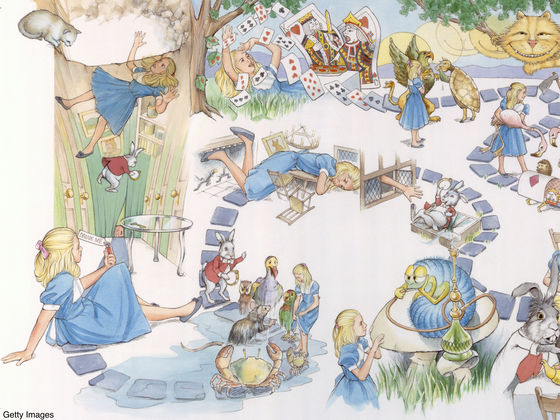
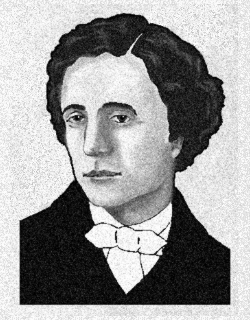
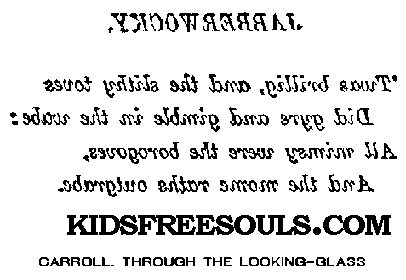
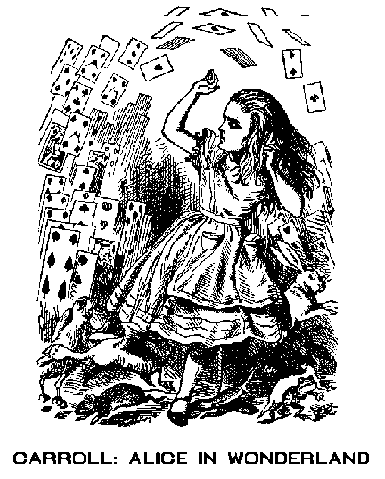
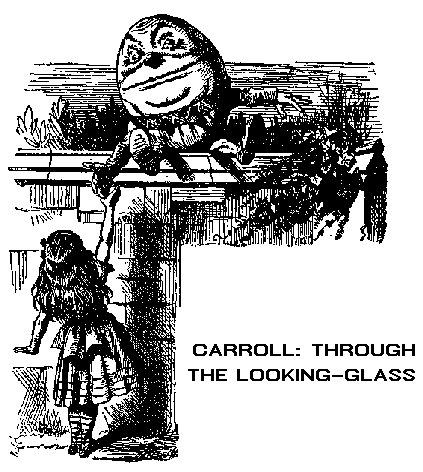
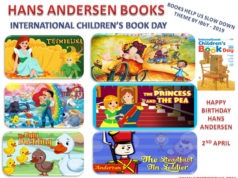
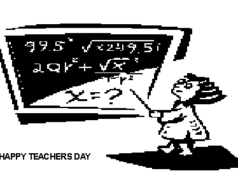
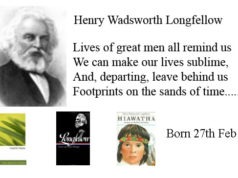



https://waterfallmagazine.com
At this time I am going to do my breakfast, after having my breakfast coming yet again to
read more news.